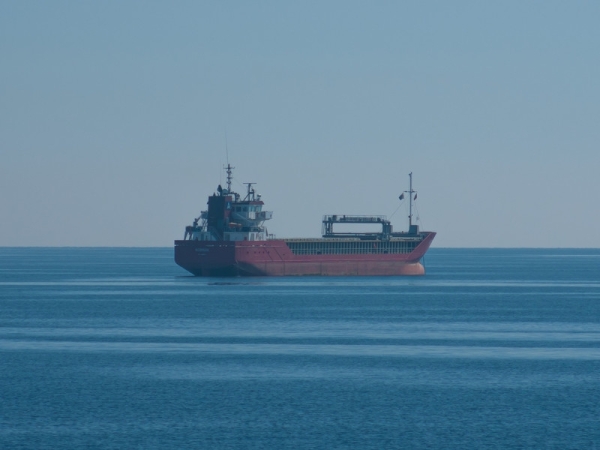EU paid Russia €420-per-capita for fossil fuels since war began
Since the beginning of the Russian war in Ukraine a coalition of 38 countries, including the 27 EU member states, the United States and G7 governments, have implemented sanctions on a scale not seen in recent history.
Although North Korea and Iran have also largely been excluded from the global market for years, Russia is a much bigger economy.
This has made the effort to cut it off from trade and global finance more consequential and harder to manage.
After six months of hand-wringing, EU and G7 governments expected sanctions to hit Russia’s ability to profit from oil, gas and resource exports, which according to International Energy Agency estimates made up 45 percent of Russia’s federal budget in 2021.
But after an initial recession in 2021, it is now becoming clear that the Russian economy has recovered from the initial shock and that sanctions are only partially effective.
Russian economic resilience can be partly explained because it has found other markets for its products, mostly in Asia and because its booming war economy is boosting industrial growth.
However, the EU still imports Russian gas through pipelines and has shipped liquified natural gas, thus contributing to the Kremlin’s war chest.
Spain and Belgium, for example, increased overseas gas imports increased by 50 percent in 2023 compared to the previous year.
New research published on Friday (23 February) by the Centre for Research on Energy and Clean Air, a global think tank founded in Finland, now shows that the EU has paid Russia €420-per-capita for fossil fuels since the war began.
Citizens in countries like Slovakia (€525), Belgium (€188), Czech Republic (€188) and Austria (€185) — considered allies of Ukraine — have continued to contribute heavily to the Kremlin’s war chest.
The paper indicates that overall oil and gas revenues in Russia have fallen by 29 percent in 2023, translating to €104bn.
While significant, the EU still bought over €28bn of Russian fossil fuels last year.
This is "equivalent to more than double the Union’s annual financial support to Ukraine," the researchers note.
The report follows a string of positive developments that indicate that the Russian economy is robust enough to endure both war and sanctions.
At the start of this year, the IMF raised its growth forecast for the country to 2.6 percent this year, slightly slower than the three percent expansion estimated for 2023.
Not only was this the largest growth upgrade for any economy featured in the fund’s annual World Economic Outlook. Even more painfully, Russia is outperforming all large EU member states by a wide margin.
Manufacturing grew by 13 percent last year due to increased war spending.
However, loopholes in refined oil trading also continue to bolster Russia’s crude oil trade to countries that subsequently resell to sanctioning countries.
This legal loophole allows countries that impose a price cap on global crude oil — meant to reduce Russian revenues — to import oil products made from Russian crude in countries like India, China and Turkey.
This pushed up the global demand and price for Russia’s crude, resulting in a market growth of 44 percent in 2023 compared to the previous year, reducing the price cap’s effectiveness.
Forty percent of this oil is transported by EU and G7-owned or insured tankers. But Russia has deployed hundreds of poorly-insured ‘shadow tankers’ with unclear ownership to circumvent the price cap sanction.
The report’s authors conclude that additional sanctions on pipeline gas and imported LNG, combined with a lowered price cap prohibiting sales above $30 [€28], could cut Russia’s export earnings by an additional 32 percent (€6.8bn) per month.
The EU recently approved the 13th round of sanctions, which primarily targeted individuals and entities, mostly arms firms and minor Russian officials, but did not expand bans on oil or gas.
However, the 14th would "be more comprehensive", an EU diplomat previously told EUobserver.

